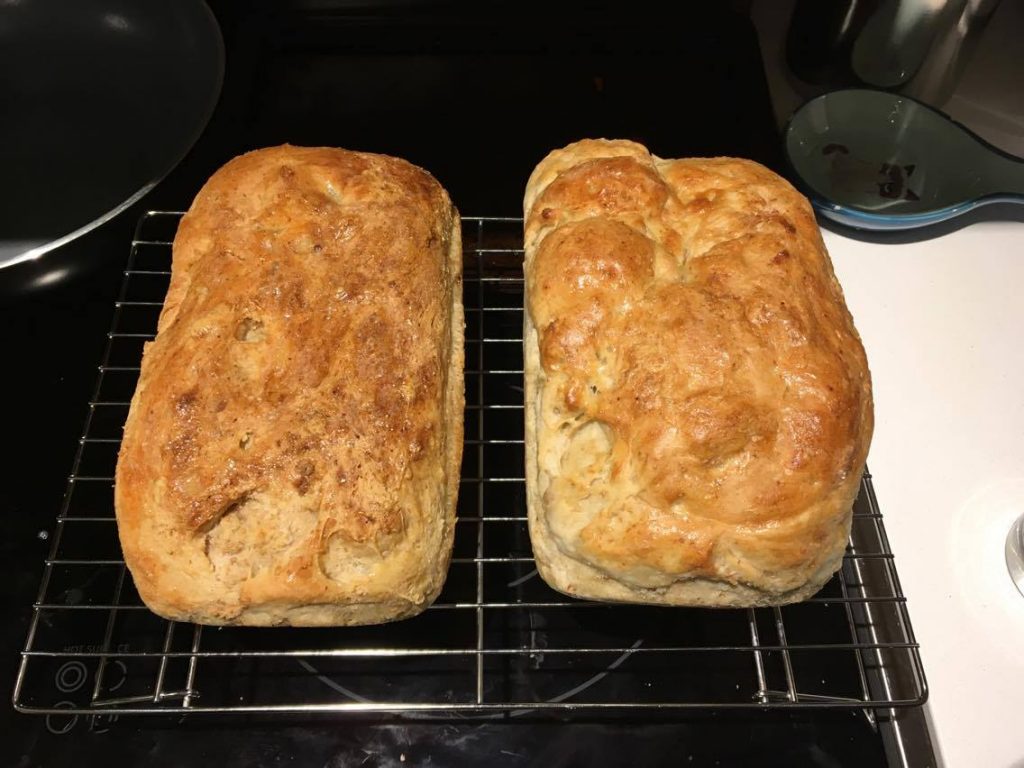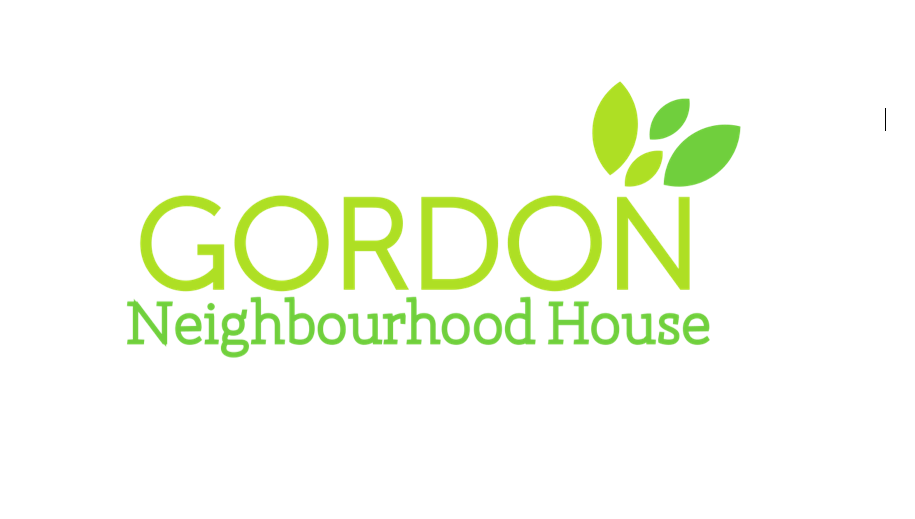
Welcome back to our blog! Todays blog post will be updating you on where we are at with our Food Myth busters adventures…
Our Weekly Objectives and Achievements
As we continue to work towards implementing our project at Gordon Neighborhood House in the coming weeks, we have been setting weekly goals to ensure that we stay on track. During week 4, we began thinking about our proposal and during this week we designed a rough idea of our project purpose and objectives. Week 5 focused on writing and revising our proposal, finalizing some ideas, and getting the group as well as our community partner, on the same page. We ensured we were all aware of group objectives, goals, and the project purpose.
Currently (weeks 6-7), our goal is to finalize the program so that we know exactly what activities we will we be doing with the kids and the purpose of these specific activities. We want to ensure that our activities are not only exciting and engaging for the children, but also implement food literacy knowledge effectively. During week 8, we will meet with our community partner to execute Program Day 1. The following week will be focused on reflecting on how well Day 1 went; What worked what didn’t? How can we improve to make Day 2 better?
Finally, during week 10, we will meet again with our community partner for Program Day 2; But this time we will implement a different activity with the children. We will assess the information the kids retained from day 1, and determine whether our program was successful.
Our Reflection:
What? – A moment of significance we have encountered in this course so far was when we had the opportunity to share personal stories with each member of the group. Prior to this experience, we did not know each other at all….you could say we were strangers…have much time to connect with one another on a deeper level so we all felt that this was a significant moment for us. We felt that The tutorial activities allowed us to bond as a team and get to know each other better creating a positive atmosphere and group chemistry. As each group member shared a story, we were able to listen, reflect, and provide feedback as well as support. Each person’s story was relatable as we felt that we have a lot of similarities among ourselves. The only limiting factor we experienced during this activity was the shortage of time as we have 6 members and everyone wanted to provide their feedback thoroughly for each person.
So what? – The difficult aspect of working with a group to achieve a certain goal is finding ways to emphasize and use everyones varying strengths. As we all were strangers before this class, there was a level of uncomfortableness coming into such a situation where we suddenly had to plan and execute a whole project together. We found that the story sharing activity taught us to be open with each other without fearing judgement or negative consequences. With the oncoming pressures of actually executing this project, the level of understanding of each others strengths will positively benefit us as we try to turn this “messy” project into a successful endeavour. As Tim Harford (2016) explained in his Ted Talk, that when you reach the point where the projects problems seem impossible to solve, and you reach the moment when the solution is unclear, that is when the group is most inspired to think creatively.We were able to bond with our group members on a more personal level which we believe will create a safe environment to be able to share and create ideas to further improve our project.all agreed was a beneficial use of our class time. We felt that this was a genuine experience allowing us to utilize our individual skills and work on team building skills, as well as build a positive dynamic for our group We are hoping this will make us more successful in our goals and this success will be evident during our future workshops. We can confidently say this opportunity to build our team will result in a project that is more likely to run smoothly, be more organized, and ultimately be more efficient at achieving our goal of increasing the food literacy skills of children at the Gordon Neighbourhood House. It was a rewarding experience as we were able to express our thoughts and feelings in the comfort of our group. We felt that the story sharing activity was beneficial all around for the people listening and for the person sharing their story. To improve the next story sharing activity, we decided it would be best to focus on 1 person at a time or 1 conversation rather than multiple conversation within our group.
Now what? – With a big group of 6 members, it may be difficult to always listen to what someone is saying if everyone is talking at once or if there are multiple conversations going on as previously mentioned. We feel that in order to improve ourselves individually and as a group, we should focus on how to best utilize our varying individual skills to achieve the best outcome as a group. We feel that with more opportunities to share our personal feelings, we will be able to learn more about each other to create a good chemistry for our group. If we stick with our goals, we feel that we will perform our best when we hold the workshops at Gordon Neighborhood House for the kids and ourselves. Now that we have the awkward phase of getting to know each other and creating an efficient group dynamic over with, we feel that there is more time to focus on our ultimate goals for this whole project- Increasing food literacy skills amongst the children that attend the Gordon Neighbourhood House after school program. As we feel comfortable and open with one another, the biggest issue we feel that we need to consider is how we can create a positive learning experience for the kids with the limited time we have. The term is passing by really fast, so for the upcoming weeks we will focus on assigning tasks to each team member that align with our personal strengths. This is to ensure not only that everyone is participating an equal amount, but also able to complete the tasks in a timely manner. Another aspect we can focus on is making sure to take into account what our community partner is asking for. As Ernesto Sirolli (2012) described in his Ted talk, that there’s a significant importance in listening to the community you are trying to help, instead of assuming you know the best ways to do things. In this way we are now going to be shifting our focus onto understanding the needs of the staff and children we will be interacting with. This will be done in order know how to best use our time with them so that they gain the most from the experience.
We have decided to focus on 3 main objectives:
- Objective: to lay out concrete lesson plans for our two visits.
Strategy: to find activities that are appropriate, fun, and will provide a lesson in food literacy. - Objective: to gather all materials we will need for our workshops. Strategies: to find out what we have access to at the community house by communicating with the coordinator and make an exact list keeping in mind the number of children, budget, and time. We will assign specific tasks to each group member.
- Objective: to find ways to determine the food literacy and skills of the children before and after our workshops. Strategies: create qualitative questions to ask the children and find a way to record the answers, tape record or carry a notepad, check to see if the children are participating, completing projects and recording all the data, create questions to ask the group and record a show of hands, try to get a sense of the demographic of the kids and record it, assign one person to do most of the recordings so that we don’t miss anything or misinterpret data.
PDF of Thank you for checking in on our progress! For our definition of Food Literacy, and for more information on our project, Check out our proposal report here: ProposalReport
References:
Harford, T (2016). How messy problems can inspire creativity Ted Talks 2016.[Video File]. Retrieved from: https://youtu.be/Jd_j_kw_jZQ
Sirolli, E. (2012). Want to help someone? Shut up and listen! Ted Talks. [Video File]. Retrieved from: https://www.youtube.com/watch?v=chXsLtHqfdM
